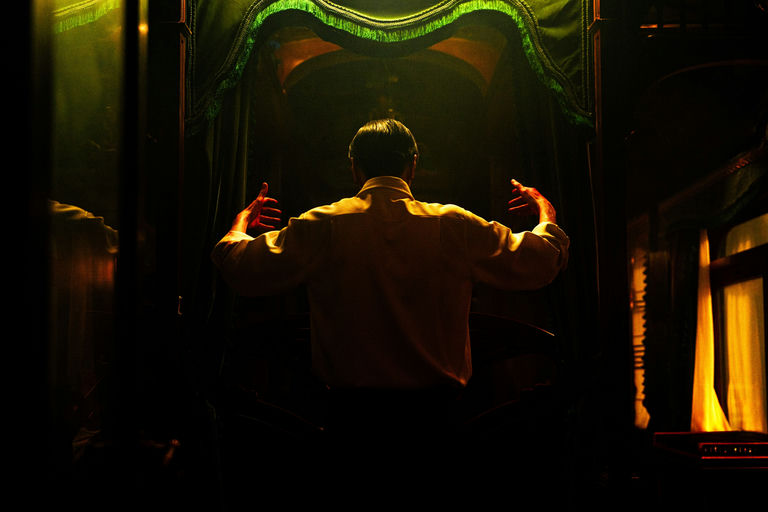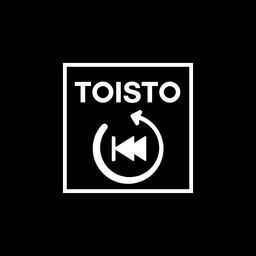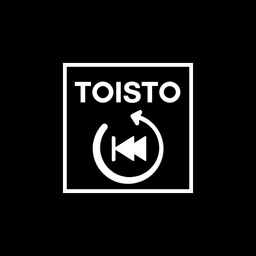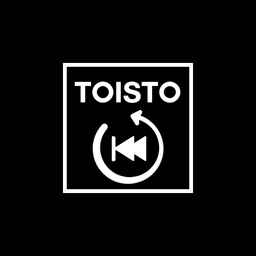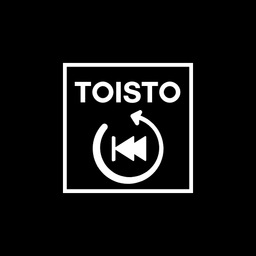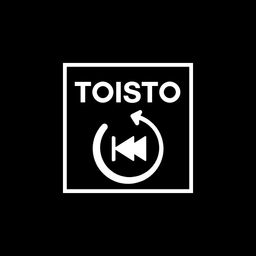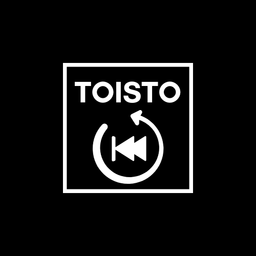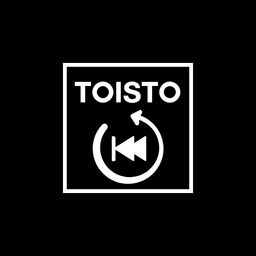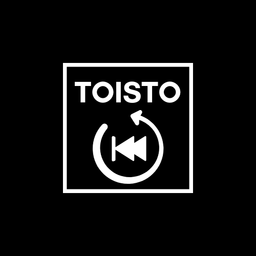After a stellar year at festivals like Cannes, Fantasia Festival, and TIFF, the Helsinki International Film Festival – Love and Anarchy – kicks off tomorrow for ten days of amazing features and short films.
I picked out ten films you shouldn't miss from the lineup, including my favorites from previous festivals along with indie gems that remind us why the movie theater experience remains even more vital today than ever before.
Check out the full program here: https://hiff.fi/en/ra2024/programme/
Sentimental Value
There's a remarkable scene midway through the film that won't leave me alone. The two sisters discuss their shared past, and how much of it remains between just them. The further they go, the more they realize each member of the family has seen more than will let on, and each is unable to communicate their longing through anything but their chosen profession.
It's moments like this that make Sentimental Value so uplifting and inspiring. This is a film that feels shared and real because it understands why, as people, we're drawn to art. It is a form of empathy that allows us to learn, and rewards our vulnerability with a conversation that transcends time and space to encase the world entire.
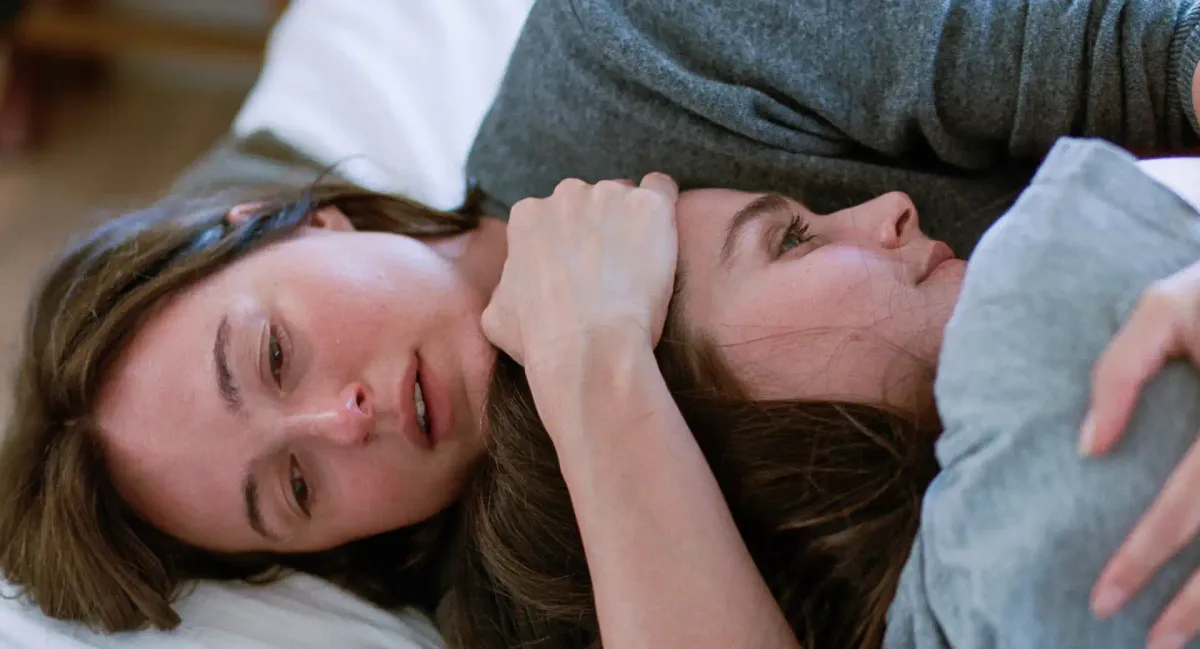
Nouvelle Vague
It feels like cheating to premiere a movie about Jean-Luc Godard and the French New Wave at Cannes to a room full of critics who would love nothing more than to be the characters depicted on screen. For a certain kind of cinephile, this is like watching Avengers Endgame, only in black and white and in French.
Yet it's hard to blame Linklater for his effusiveness. After all, it's rarely you can easily pinpoint a singular moment in time and say "this changed everything". But for a brief, glorious moment in France, that's exactly what happened. 70 years later, we're still basking in the afterglow as if it were a distant sun.
If Godard claimed that all the needed to make a film was a girl and a gun, I'd argue Linklater could manage with just either one. He'd find something interesting in things just existing. Slacking about, as it were, and it would still be fascinating.
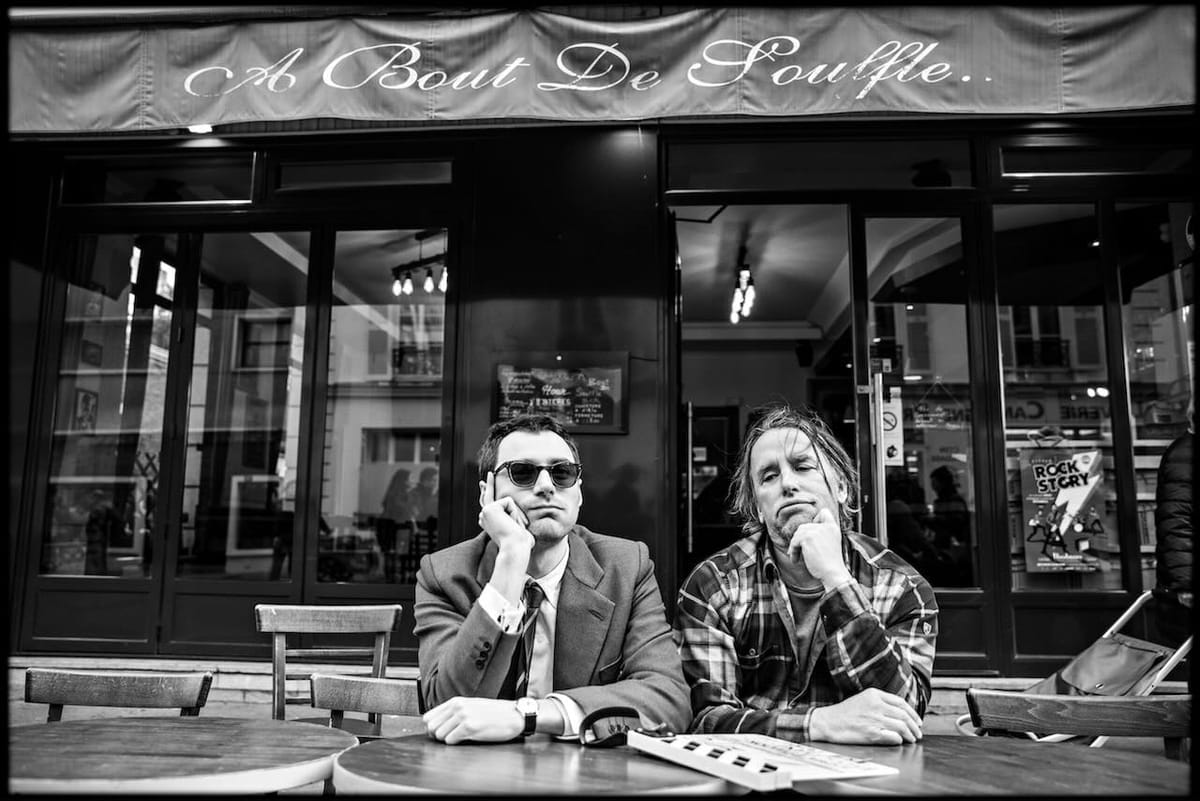
Eagles of the Republic
Eagles of the Republic is a satiric thriller in the style of Wag the Dog about the vanity and insecurity of petty little men, those who've always shifted culture and progress back because of their own failures. Though set practically in the present, it feels timeless and prescient all at once, especially when compared to the current state of American politics.
The superb Fares Fares plays George Fahmy, called The Pharaoh of the Screen in the film. He's Egypt's number one movie star, a Tom Cruise of just one nation, and Fares plays the part with just the right amount of entitlement, charm, and vanity to make it fully believable. We can see why people love Fahmy, though it's also clear why he's so insufferable to his closest friends and family in the process.
Eagles of the Republic doesn't quite stick the landing. The third act, with political turmoil and double-crossings galore, is messy. But Saleh is so talented, and Fares so compelling, that it almost doesn't matter. Everything before the last third is fantastic. Perhaps in situations like this, there are no satisfying answers. We can only push forward and hope that our convictions prove stronger and longer lasting than the fascists. That maybe, with luck, art triumphs over dictatorship, even when lackluster men try to use it for their own purposes.
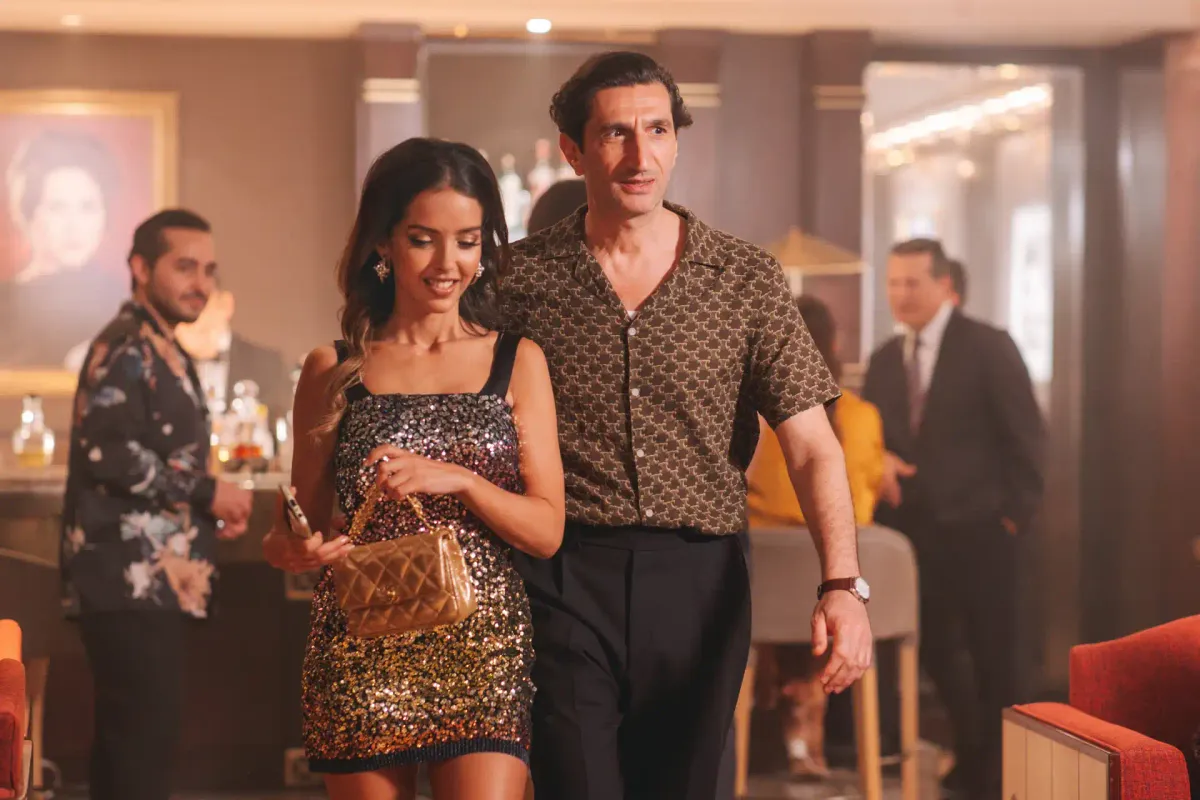
Sirat
A father and son wander into a rave in the middle of the desert. They're looking for a missing child, a daughter and sister, who disappeared a year earlier. Her tracks have vanished, but they might have come through here.
In one bravura sequence, Laxe puts the audience through such an ordeal that, when it was finally over, the opening night crowd burst into spontaneous applause. There was an aura of relief that washed over us in unison. It's the work of a young master toying with his audience like a cat with its prey.
Sirat is a triumph. It is at once a nuanced exploration of sorrow and grief, a bleak adventure story, an apocalyptic nightmare, a warning of what is to come, and more. It never over-explains itself nor does it overstay its welcome. We learn enough to go along for the ride, and can leave only when Laxe allows us to.
It is, to date, the best film of the festival and one of the best films of the year.
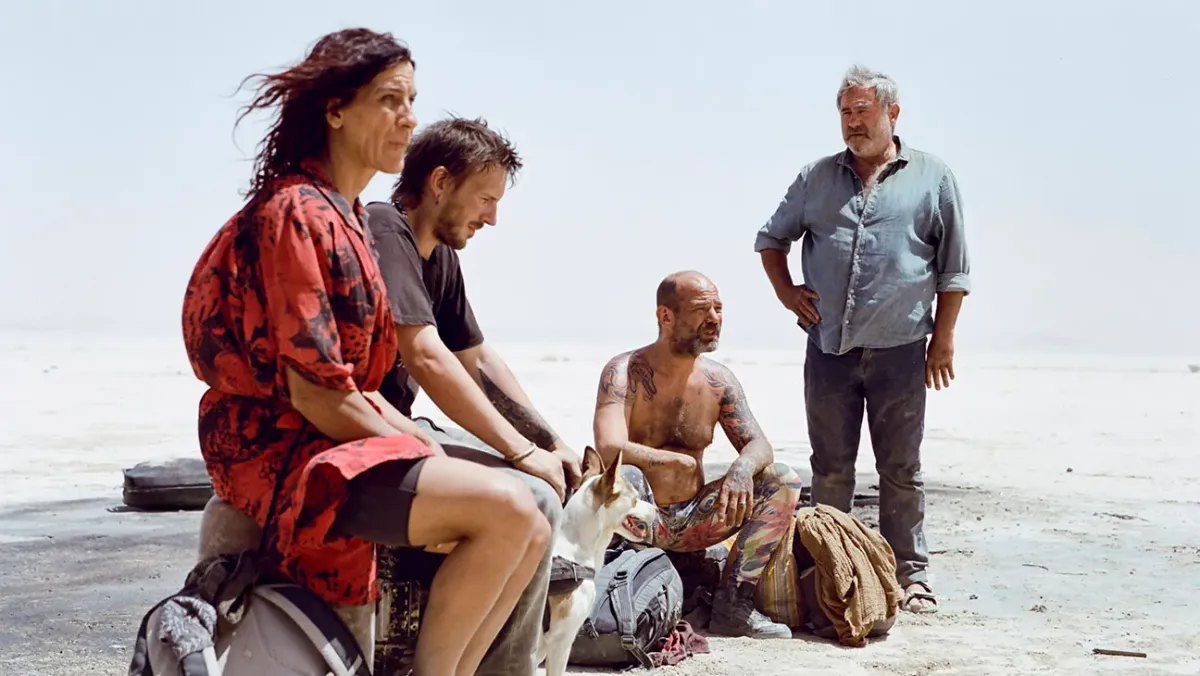
Exit 8
Exit 8 is based on an indie horror game that was a breakout hit when released in 2023. Less than two years later, it has turned into a surprisingly faithful, if safe adaptation that highlights the best parts of the surreal narrative in the source material.
The setup is simple: Exit 8 may or may not be purgatory. It exists on a different plane, where the laws of time and physics don't apply. Luckily, sense of humor does, and the tormenting forces even namedrop Escher as a source of inspiration so the victims can figure out what's going on.
The station repeats itself into infinity. Those passing through it must follow a set of rules to progress to the real exit: Do not ignore anomalies. If you see an anomaly, turn back. If you don't, keep going.
Exit 8 is a solid, if unsurprising addition to the genre. It's exactly what you'd expect from something made this fast out of material this light. That's not a bad thing, but it won't set the world on fire, either.
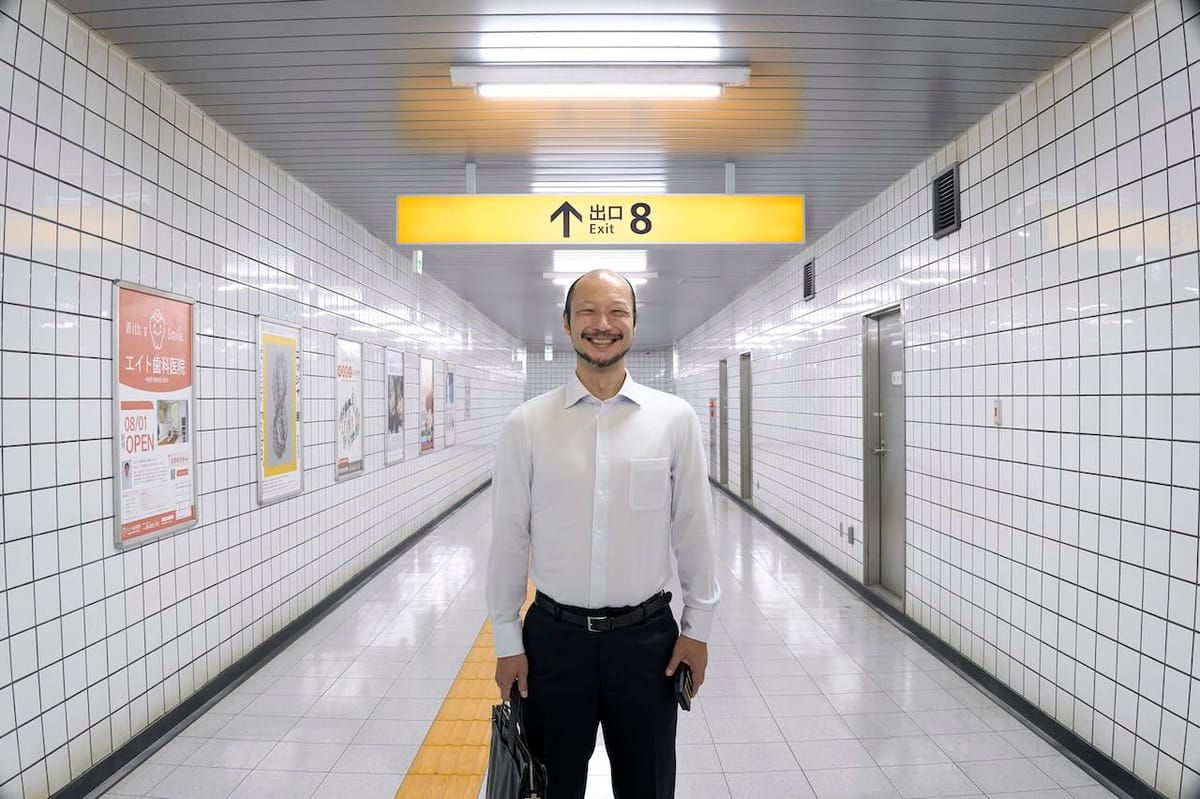
Rumours
Rumours is a comedy about politics and our inability to face the obvious before it's too late. It features great actors playing broad parts in increasingly broad sequences, and it lasts almost two full hours. By the end, the satire is stretched so thin it couldn't cut freshly baked bread.
The setting is a G7 summit, where leaders of great world powers have come to draft a proclamation about an unspecified climate event. They're not here to take action or even make promises of doing something, the declaration itself is all that matters: the pomp and circumstance.
Naturally, the leaders can't draft this remotely in an office or a city. No, they must find a secluded place on the grounds of a ludicrously opulent mansion - as if to prove to themselves that what they're doing matters. If it didn't, surely they wouldn't be in such a grandiose environment?
It's not always good, but it's never bad either. Instead, it's a curiosity. An odd duck that's neither here nor there. As such, it's worth seeing just so you too can sit there, fascinated and confused, like the rest of us, and join in a collective: "Huh."
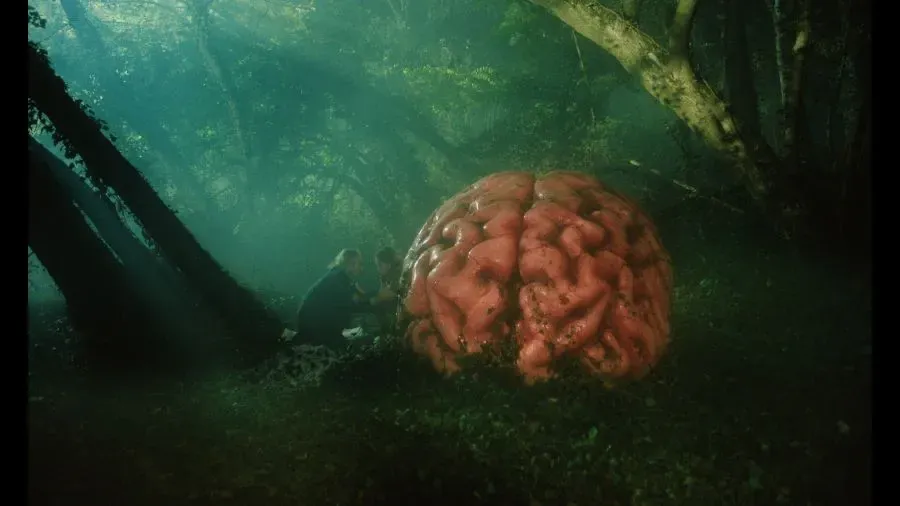
The Black Hole
Sci-fi, like fantasy, is a wonderful genre because it lends itself easily to metaphor and fable. We learn about ourselves more readily if the framing is fantastical.
The Black Hole, written and directed by Moonika Siimets, understands that pairing beautifully. It's a marriage of bleak humor, urban fantasy, and over-the-top sci-fi horror that has a deep love and empathy for its downtrodden characters. Presented through a series of vignettes sharing a similar extra-terrestrial starting point, The Black Hole is a rich, deeply funny, and ultimately uplifting oddity unlike anything else out there.
It's the kind of film everyone claims they want to see more in cinemas. Well, here's your chance.
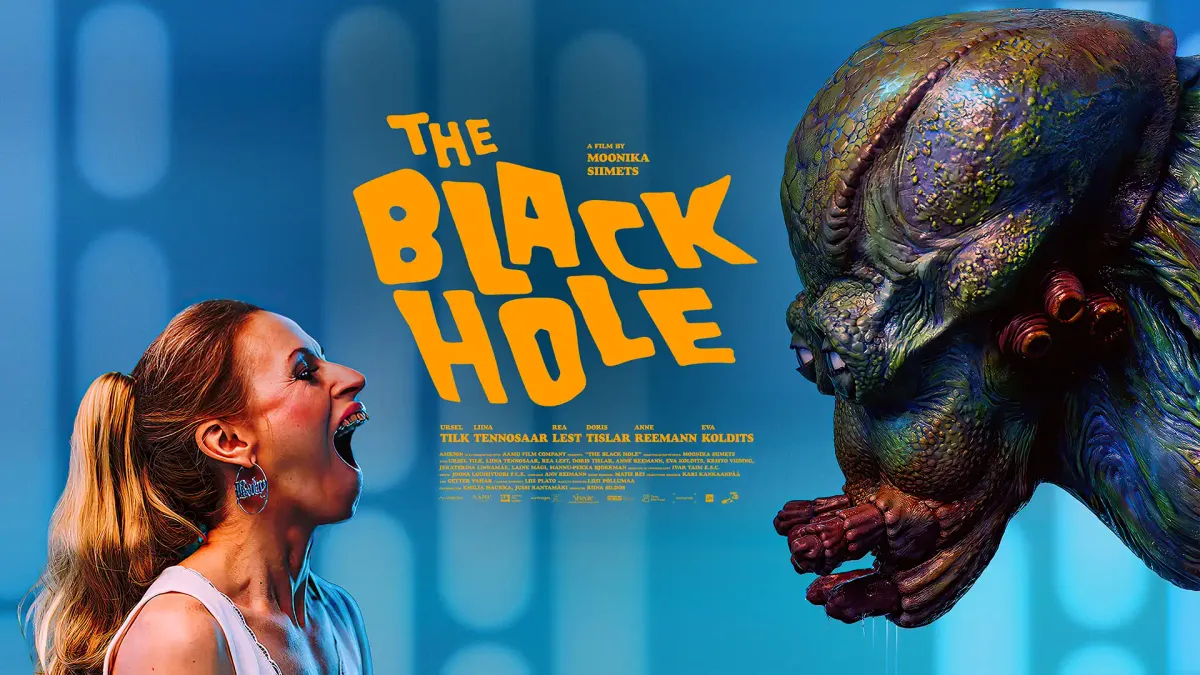
The Mastermind
The Mastermind, Kelly Reichardt’s quietly hypnotic film about a worryingly inept thief, is almost about everything else except the heist our anti-hero spends the first half-hour planning.
The loose structure unravels just as quickly as the plan itself, and the longer we spend adrift with James (Josh O’Connor), it becomes apparent that Reichardt is more interested in making a point about America itself, rather than just a petty crime somewhere out in the midwest.
What happens next is a fascinating mix of things both mundane and achingly pathetic. As James travels from one burning bridge to another, we can sense the despair and rejection of reality at every turn. At the same time, Reichardt quietly builds a collage of Nixon’s America, where the country began to distrust authority, and authority responded with violence towards its citizens.
It’s not long before the realization sinks in that James is no Clyde, and he certainly has no Bonnie by his side. By morning, as the initial buzz wears off, it’s mesmerizing how the body languages have changed. Almost as if everyone is a little embarrassed about their giddiness.
It’s the side of these stores we rarely see, or properly acknowledge when we do. Even the title hangs over the story as an ironic epitaph. James isn’t a mastermind; he can barely plan his way out of a parking lot. He isn’t even a rebel without a cause, because that would require a conviction of some kind. “I probably should have planned this better”, he shrugs at one point.
It remains unclear whether he’s talking about the heist, or his life.
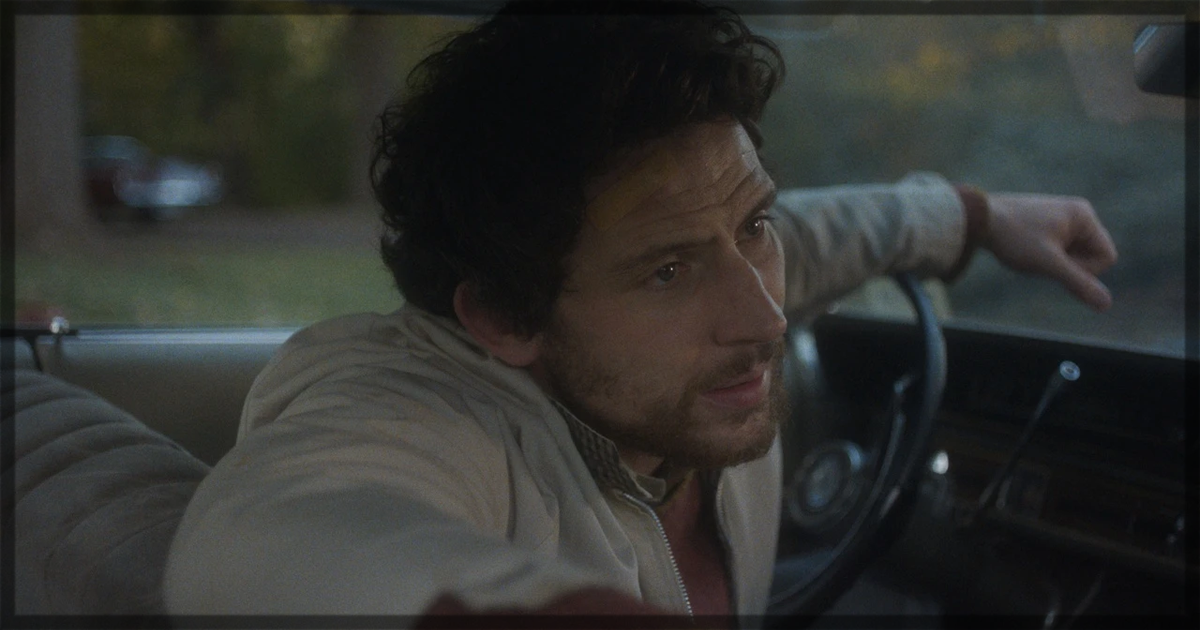
Two Prosecutors
Two Prosecutors is a film about watching a candle tip over in slow motion. We know what, when, and how it will happen, and we're powerless to stop it. For two excruciating hours, we sit back and wait.
Based on the novella by Georgy Demidov, Sergei Loznitsa's first fiction film since Donbass is a meticulously crafted, often unbearably slow, and always riveting depiction of clinical evil that takes time to process. It is not an easy nor always rewarding film. Instead, it lingers in the back of your head like an itch you can't scratch.
It's not a fun film. It's not even an easy film to recommend to anyone. But it is vital. This is a world from almost a hundred years ago, yet very little has changed. Two Prosecutors doesn't depict the past, it paints a portrait of the present in our grandparents clothes. We should be scared. But more than that, we should wake up.
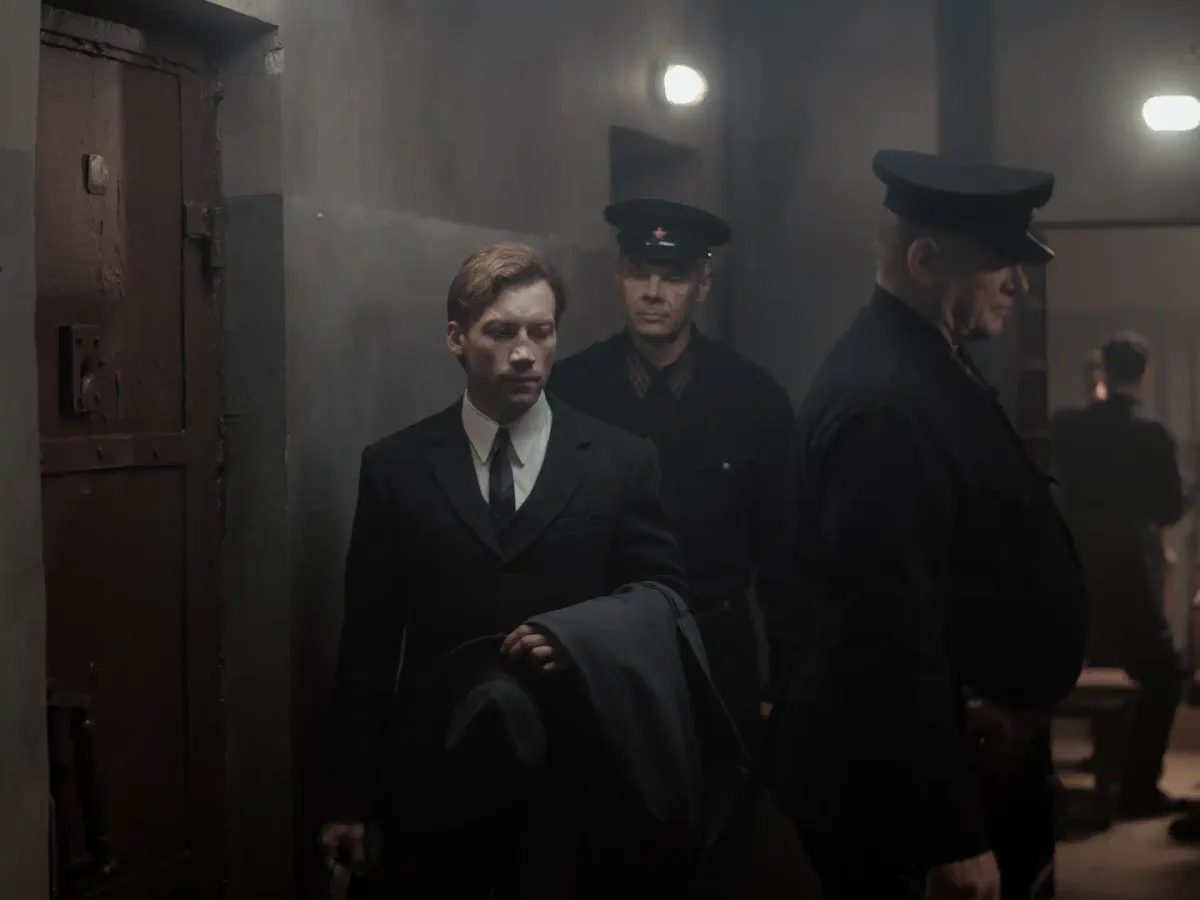
Resurrection
I saw Resurrection at Cannes earlier in the year, and I'm still uncertain what to make of it. At three hours in length, it's a gargantuan epic of wild vision, yet often inaccessible and bizarre to the point of frustration.
But it also has moments of sublime beauty, including an unbroken single-take sequence that is so technically amazing you'll wonder about how they made it for years to come.
The plot, involving dreamscapes, resurrections, time travel, and pure childlike fantasy, defies explanation. Some of it is best experienced on a purely emotional level. It will annoy and captivate in equal measure.
Resurrection won't be for everyone, but for those willing to go along with a director's untamed vision, it will be a journey you won't forget. Whether tha's a good or bad thing remains to be seen, but I will go check it out again during the festival, simply becuase I can't stop thinking about Bi Gan's wild swing for the fences.
